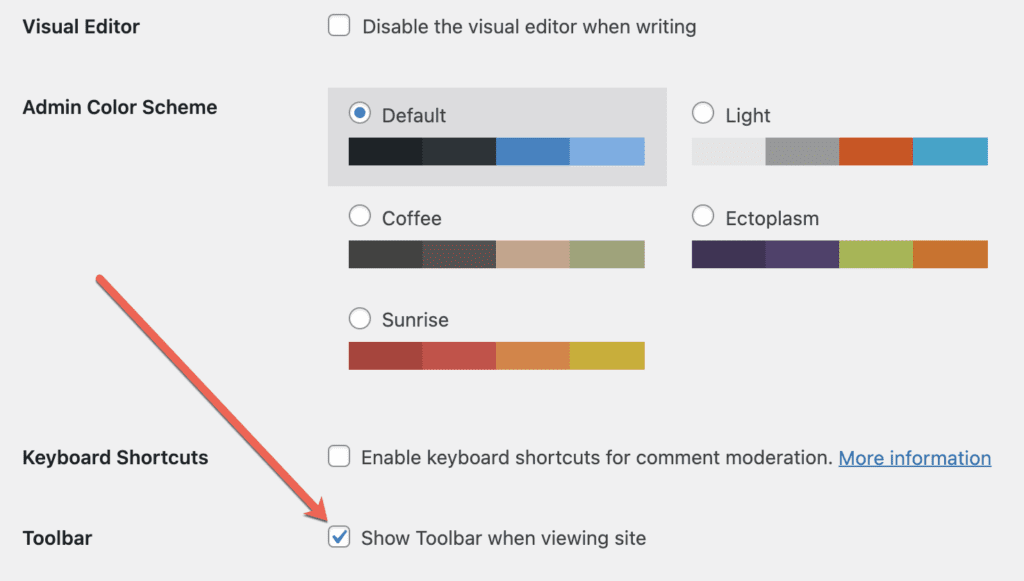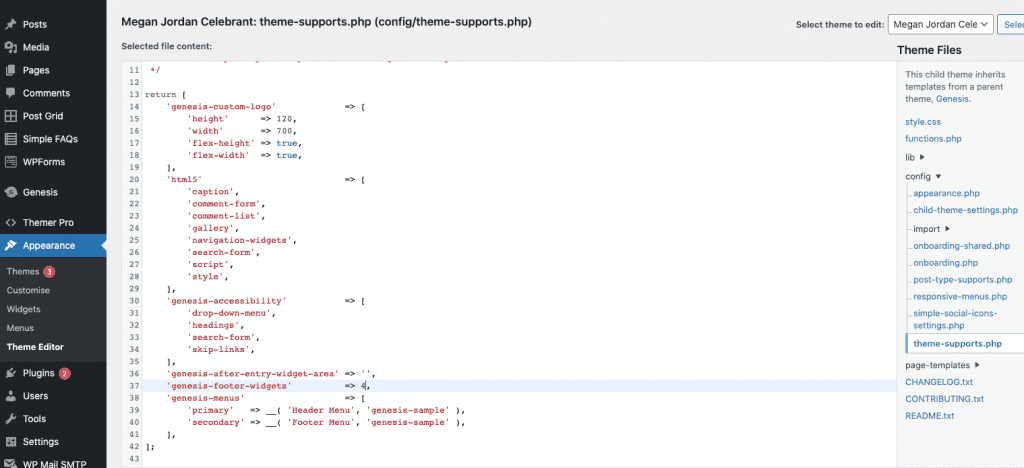As a business owner or marketer, navigating the world of Google Ads can feel like a daunting task. With so many options available, each with its own strengths and nuances, it’s easy to feel overwhelmed. That’s why I decided to break down the differences between the main types of campaigns—Performance Max, Search, Display, and Google Reviews—and explore how to choose the right one for a service-based business.
The Essentials: What are Google Ads Campaigns?
Before diving into the specifics, let’s first understand what Google Ads campaigns are and why they matter. Google Ads is a powerful platform that allows businesses to advertise across Google’s vast network, including search results, websites, apps, and more. The platform provides various campaign types, each designed to achieve different goals, such as driving traffic, increasing brand awareness, or generating leads.
1. Performance Max Campaigns
Performance Max is one of Google’s newer offerings, designed to simplify and optimise the advertising process. When I first heard about Performance Max, I was intrigued by its promise of an all-in-one solution that could reach customers across all of Google’s channels, including Search, Display, YouTube, and more.
How Performance Max Works
Performance Max campaigns are goal-based and use automation to maximise performance. You simply define your business goals—such as generating leads or increasing online sales—and Google’s machine learning algorithms take care of the rest. These campaigns are particularly appealing for service-based businesses that want to reach a broad audience without managing multiple campaigns.
The biggest advantage of Performance Max is its ability to leverage Google’s entire ecosystem. By combining the reach of various channels, it aims to find more converting customers at a lower cost. However, it’s important to note that Performance Max is highly automated, which means you’ll have less control over individual elements like targeting and bidding.
Is Performance Max Right for Your Business?
Performance Max is a great choice if you’re looking for a hands-off approach to advertising. It’s ideal for service-based businesses that want to maximise their reach across multiple channels without spending too much time on campaign management. However, if you prefer to have more control over your campaigns and are targeting a specific audience, you might want to explore other options.
2. Search Campaigns
Search campaigns are the bread and butter of Google Ads. When most people think of Google Ads, they’re likely thinking of Search campaigns. These campaigns display text ads on Google’s search results pages when users type in specific keywords related to your business.
How Search Campaigns Work
Search campaigns are all about capturing intent. When a potential customer types in a query like “plumbing services near me,” they’re actively looking for a service, which makes them more likely to convert. Search ads appear at the top of the search results, making them highly visible to users who are ready to take action.
One of the things I love about Search campaigns is the control they offer. You can choose specific keywords, write tailored ad copy, and set your budget and bidding strategy. This makes it easier to target the right audience and optimise your campaigns over time.
Is a Search Campaign Right for Your Business?
For service-based businesses, Search campaigns are often a must-have. They’re especially effective if you’re targeting customers who are ready to book a service or make a purchase. If your business relies on capturing high-intent leads, Search campaigns should be a key component of your advertising strategy.
3. Display Campaigns
Display campaigns are a different beast altogether. Unlike Search campaigns, which target users based on what they’re searching for, Display campaigns target users based on their interests, demographics, and browsing behavior. These campaigns show visually engaging ads across Google’s Display Network, which includes millions of websites, apps, and YouTube.
How Display Campaigns Work
Display campaigns are more about brand awareness and reaching a broader audience. They’re not necessarily designed to capture high-intent leads but rather to keep your business top-of-mind as potential customers browse the web.
One of the strengths of Display campaigns is their ability to use images, videos, and rich media to create eye-catching ads. This is particularly useful for service-based businesses that want to build brand recognition and stay visible to potential customers who may not be ready to convert immediately.
Is a Display Campaign Right for Your Business?
If your goal is to build brand awareness or reach a wider audience, Display campaigns can be a powerful tool. They’re great for service-based businesses that want to stay top-of-mind and nurture potential customers over time. However, if your primary goal is to generate immediate leads or sales, you might find better results with a Search or Performance Max campaign.
4. Google Reviews Campaigns
Google Reviews campaigns are somewhat different from the other types of campaigns we’ve discussed. While not a separate campaign type within Google Ads, Google Reviews are a crucial element of your online presence. They can significantly impact your search ranking and click-through rates, making them an integral part of your overall strategy.
How Google Reviews Work
Google Reviews appear alongside your business listing in search results and on Google Maps. Positive reviews not only build trust with potential customers but also influence Google’s algorithm, helping your business rank higher in local search results.
While you can’t run a specific “Google Reviews campaign” in the same way you would a Search or Display campaign, you can certainly encourage customers to leave reviews and manage your online reputation. This can be done through follow-up emails, offering incentives for reviews, and responding to feedback.
Are Google Reviews Important for Your Business?
Absolutely. For service-based businesses, Google Reviews can be a game-changer. Positive reviews can increase your visibility, build trust with potential customers, and ultimately drive more leads. Incorporating a strategy to encourage and manage reviews should be a priority in your overall marketing plan.
Choosing the Right Campaign for Your Service-Based Business
Now that we’ve covered the basics of each campaign type, the big question is: how do you choose the right one for your service-based business? The answer depends on your specific goals, target audience, and available resources.
1. Define Your Goals
The first step in choosing the right campaign is to define your goals. Are you looking to generate immediate leads? Build brand awareness? Increase your online visibility? Your goals will determine which campaign type is the best fit.
- Lead Generation: If your primary goal is to generate leads, Search campaigns are a strong choice due to their focus on capturing high-intent traffic. Performance Max can also be effective if you’re looking to reach a broader audience with minimal management.
- Brand Awareness: If you’re more focused on building brand awareness and reaching a wider audience, Display campaigns are ideal. They allow you to create visually engaging ads that keep your business top-of-mind as users browse the web.
- Reputation Management: Google Reviews are crucial if you want to build trust and improve your search rankings. While not a traditional campaign type, managing and encouraging positive reviews should be part of your strategy.
2. Consider Your Audience
Next, think about who you’re trying to reach. Are your customers actively searching for your services, or do they need more nurturing? The answer to this question will help you decide between Search and Display campaigns.
- Active Searchers: If your audience is actively searching for your services, Search campaigns are a no-brainer. They allow you to target users who are ready to take action, making them highly effective for lead generation.
- Passive Browsers: If your audience is more passive and needs time to warm up to your services, Display campaigns are a better fit. They allow you to reach users based on their interests and demographics, even if they’re not actively searching for your services.
3. Assess Your Resources
Finally, consider the resources you have available for managing your campaigns. Performance Max campaigns are highly automated, making them a good choice if you’re short on time or don’t have a dedicated marketing team. However, if you have the resources to manage and optimize campaigns, Search and Display campaigns offer more control and flexibility.
Conclusion: Finding the Right Balance
Choosing the right Google Ads campaign for your service-based business is all about finding the right balance between your goals, audience, and resources. Whether you opt for the simplicity of Performance Max, the precision of Search, the broad reach of Display, or the reputation-building power of Google Reviews, the key is to align your campaigns with your overall business objectives.
In my experience, there’s no one-size-fits-all solution. The best approach is often a combination of different campaign types, each playing a role in your broader marketing strategy. By understanding the strengths and limitations of each option, you can create a tailored approach that drives results for your business.
Alpha Omega Digital is a marketing agency based in Melbourne, Australia but also services clients from Sydney, Brisbane, Newcastle, Perth, Adelaide, Darwin and Hobart. Have a project in mind? Contact me here.



